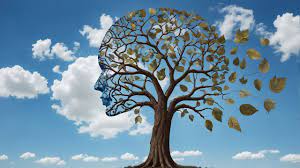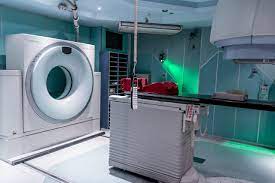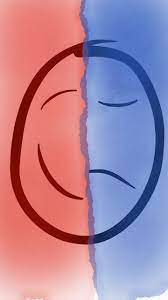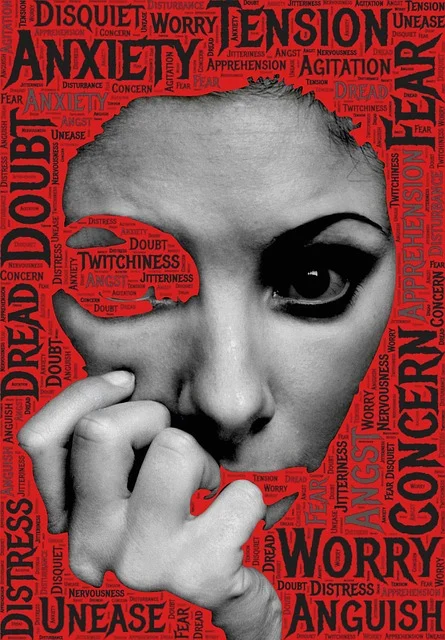When someone experiences hysterical amnesia, they lose memory of catastrophic events. The incapacity to remember acts as a protective mechanism in this uncommon illness against situations that elicit feelings of rejection, remorse, or shame.
These days, this word is hardly used and is most commonly used to describe dissociative amnesia, which is stress– or trauma-induced memory loss that can be localized (limited to a certain time period), selective (limited to certain events within a specific time period), or generalized (including life history and identity). Therapy is the standard course of treatment. Some patients undergo drug-assisted interviews or hypnosis. Without medical intervention, some people recover their memory in a matter of days, weeks, or months.

Causes of amnesia
Memory is a function of many different brain regions. Your memory can be impacted by brain injuries or diseases.
Several potential reasons for forgetfulness could be:
- a stroke
- Inflammation of the brain, called encephalitis. An autoimmune response or a viral infection could be the cause of this.
- Your brain is not receiving enough oxygen. For instance, due to a cardiac arrest or breathing difficulties.
- A tumor in the brain
- chronic alcohol misuse
- Some drugs, such tranquilizers or benzodiazepines,
- Alzheimer’s disease and other types of dementia, seizures
- severe injuries to the head Psychological injury
Diagnosis of Amnesia
In order to comprehend your memory loss, your doctor will ask questions and obtain a thorough medical history. You may bring a friend, family member, or caregiver with you to the interview.

Among the topics that could be covered are:
- Any triggers, including a head injury or surgery
- When the memory problems first appeared
- Drug and alcohol abuse
- Family background
- Past medical history of depression, seizures, migraines, or cancer
Along with a physical examination, your doctor might administer some cognitive tests. This could involve repeating a list of words, asking you for personal information, or requesting some broad information about recent or historical events.
Tests for diagnosis
Tests may also be prescribed by your physician. Among them are:

- To look for any signs of brain injury, use computed tomography (CT) or magnetic resonance imaging (MRI).
- Electroencephalogram (EEG) for seizure detection
- Spinal tap to look for infections in the brain
- blood tests for vitamins B1 and B12, as well as thyroid hormones
More signs and symptoms.
Additional symptoms of amnesia might include disorientation, confusion, and false memories (which can be entirely made up memories or distortions of real memories), depending on the nature and origin of the condition.
Treatment of amnesia
Amnesia cannot be specifically treated. Sometimes, when your brain heals, forgetfulness becomes better.
The typical course of treatment for amnesia entails picking up skills to compensate for memory loss.
Occupational therapy
You can gain new information or information organization techniques from an occupational therapist. You could find it simpler to recall recent or upcoming occurrences as a result.
Technology.
You could find that a tablet or smartphone helps you with daily chores. You can set up your phone to remind you of occasions, for instance. Technology might also be useful for keeping handwritten notes, pictures, appointments, and other information organized.
Medication
As of yet, no medication has been licensed by the Food and Drug Administration to treat amnesia.
Prevention for amnesia

Your risk of suffering a brain damage can be reduced by:
- Using a seatbelt when driving
- Cycling with a helmet on
- Seeking prompt medical attention for infections to prevent brain dissemination
- Reducing the amount of alcohol you consume
- Get prompt medical attention if you experience symptoms that could point to a brain aneurysm or stroke. This can include paralysis, sagging of the face, difficulty speaking, one-sided numbness, or a strong headache.
Activities to sharp mind
It’s possible that some of these exercises will improve your memory.
- Continue to think. Include mentally challenging activities on a daily basis. Reading a book, practicing crossword puzzles, or picking up an instrument, for instance, can all offer constructive brain stimulation.
- Engage in physical activity. Because exercise improves blood flow to the brain and throughout the body, any exercise is better than none at all. At least 150 minutes of moderate activity, such as brisk walking, or 75 minutes of strenuous activity, such as running, should be done each week, according to the Department of Health and Human Services.
- Rest well at night. Most adults require seven to nine hours of sleep per night. While we sleep, our brain organizes and processes our memories.
- Get your life in order. If you discover that you frequently forget things, make every effort to automate and streamline your daily tasks. This may include clearing out some space in your house for necessities like keys and spectacles, keeping a regular journal or planner, or any combination of these.
- a nutritious diet. Make sure your brain gets adequate vitamins and minerals by making more of an effort to eat fruits, vegetables, whole grains, and low-fat proteins. Excessive drinking and drug usage can also cause memory loss.
- Consult a physician. Observe your doctor’s advice if you have a medical problem. See your doctor if you’re worried that memory loss will make it harder for you to carry out everyday tasks.



